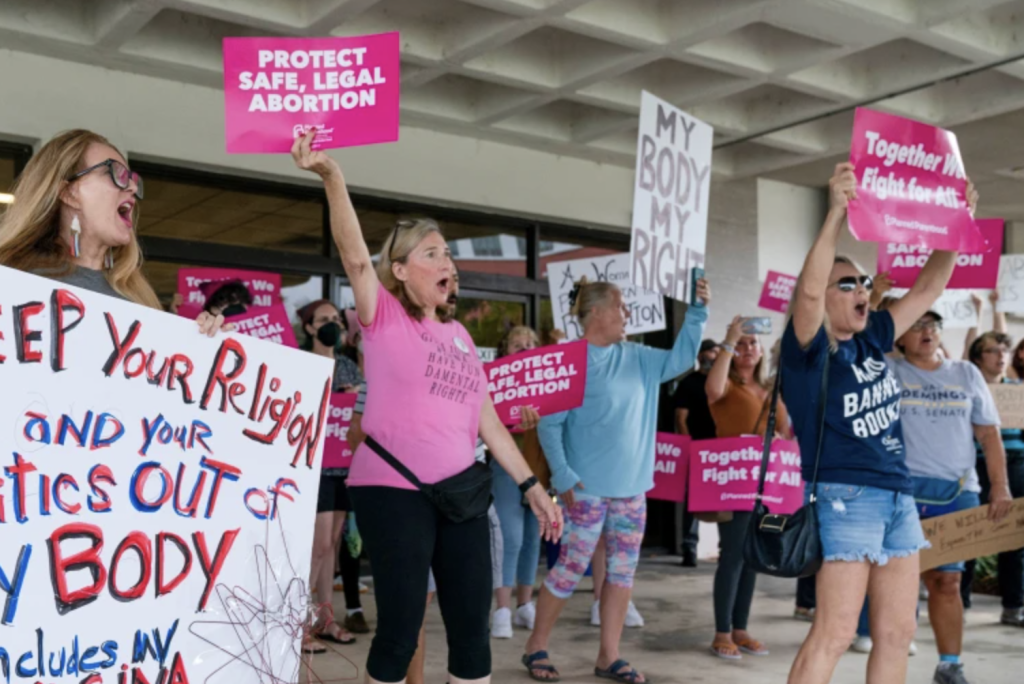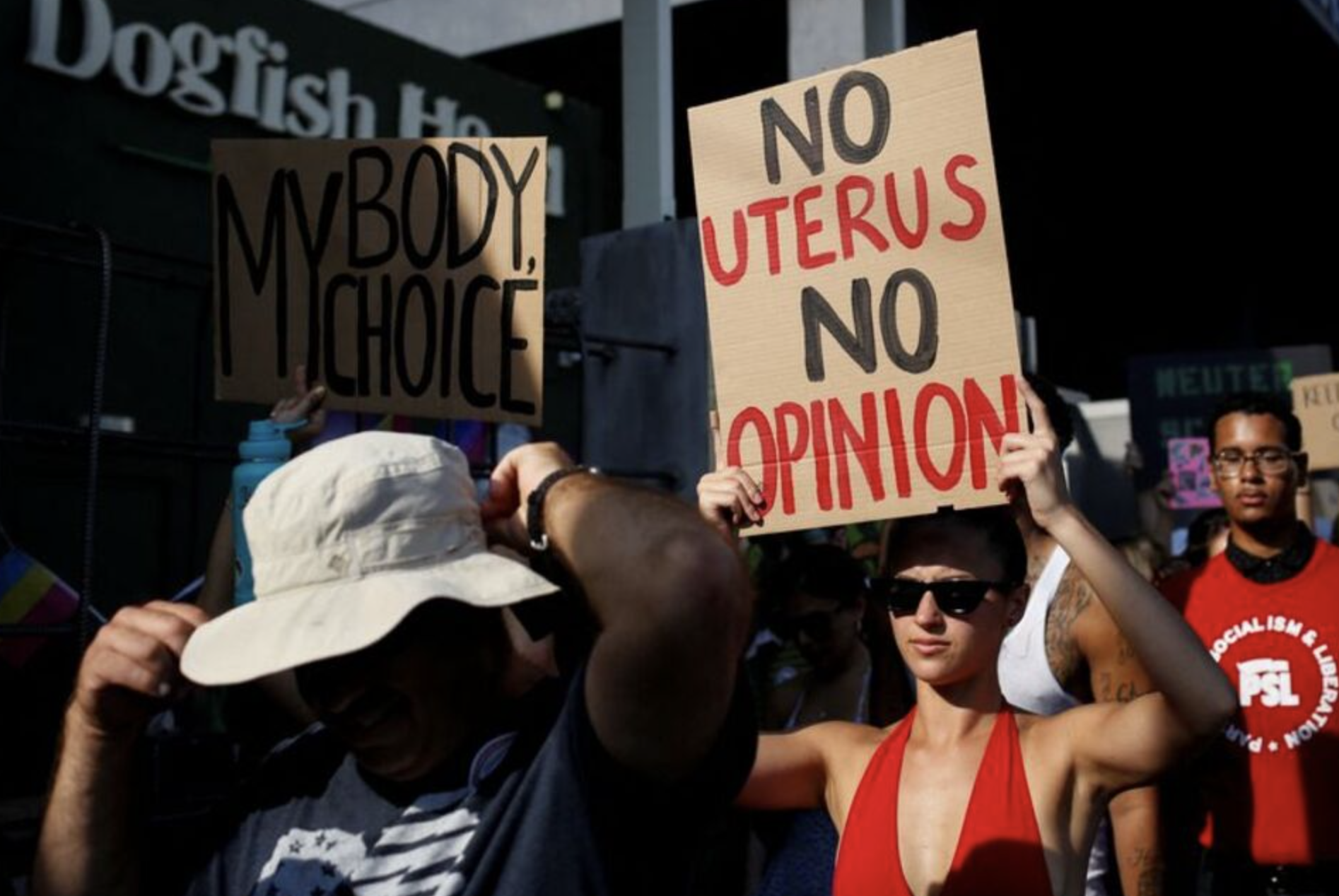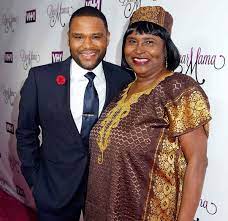#VoteOnAbortionFL: Florida’s Near-Total Abortion Ban Heads to November Ballot After Supreme Court Approval.
On Monday, the highest court in Florida enabled a law, supported by Republicans, that prohibits abortion after six weeks of pregnancy to be implemented. However, it also sanctioned a proposal allowing voters to determine if the state constitution should be amended to include a right to abortion.

The Florida Supreme Court, in two decisions, affirmed a law that prohibits abortions after 15 weeks, thus paving the way for the implementation of a six-week abortion ban. At the same time, the court rejected an attempt by the state’s Republican attorney general to block a proposal from being included in the November ballot. This decision allows voters to determine whether the right to an abortion should be established.
The court stated in its decision, “We will not infringe upon the right of the people to amend their own constitution, a power they have reserved for themselves.”
In Florida, a law enacted by Governor Ron DeSantis in 2022 made abortion illegal after 15 weeks, enacted two months before the U.S. Supreme Court rescinded the Roe v. Wade decision of 1973, which had previously legalized abortion nationwide.
In April 2023, DeSantis signed into law a more severe prohibition, initiated by the Republican-majority state legislature, which bans abortions starting at six weeks of pregnancy. This law included a provision that activated the almost total ban one month following the state Supreme Court’s affirmation of the previous 15-week prohibition. At the six-week mark, it’s often the case that many women are unaware of their pregnancy.
A lawsuit against the 15-week ban was brought forth in 2022 by a coalition of Florida’s abortion providers, including Planned Parenthood affiliates, arguing that it contravened the state’s constitution.
Laura Goodhue, the executive director of the Florida Alliance of Planned Parenthood Affiliates, expressed in a statement that the court’s recent ruling could enable Florida’s electorate to finally nullify such extreme abortion restrictions, referencing the detrimental effects these bans have had on patients within the state.
In the Southern United States, abortion access has become significantly limited, with extensive restrictions enacted by Republican supporters.
This situation might shift on November 5, coinciding with the presidential election, when Florida’s voters will determine the fate of an abortion-related ballot measure, amidst the race between Democrat Joe Biden and his Republican opponent, former President Donald Trump.
The issue of abortion was seen as a key factor that motivated voters to support the Democratic party in the 2022 Congressional elections, where the party performed surprisingly well.
Lauren Brenzel, the campaign director for Yes on 4, a group supporting the ballot initiative, stated, “We have the opportunity to exercise direct democracy to overturn these widely disapproved and detrimental policies.”
Liberty Counsel, a conservative legal organization that fought against the ballot initiative, expressed their deep disappointment on social media platform X following the court’s decision, stating their hope that Florida’s citizens will “side with LIFE in November!”
In January, the proponents of the constitutional amendment achieved the necessary signatures to place it on the ballot. This amendment aims to prevent any law that “prohibits, penalizes, delays, or restricts abortion before viability or when it is necessary to protect the patient’s health, as judged by the patient’s healthcare provider.”
The Florida Supreme Court, on Monday, noted its departure from a 1989 ruling which interpreted the state constitution’s privacy right to encompass a right to abortion. Unlike the previous court, which had a majority of justices appointed by Democratic governors, the current court is considered among the most conservative in the nation.
The court’s seven justices were all appointed by Republican governors, with five chosen by DeSantis, a vocal critic of abortion who recently had an unsuccessful bid for the Republican presidential nomination.
Ashley Moody, the Republican Attorney General of the state, filed a lawsuit against Floridians Protecting Freedom, the group advocating for the abortion rights ballot initiative, claiming that the proposal was excessively vague and misleading.
However, the Florida Supreme Court dismissed Moody’s claims, stating that “the extensive nature of this proposed amendment is clearly evident in the summary’s wording. To deny this is to ignore reality.”



